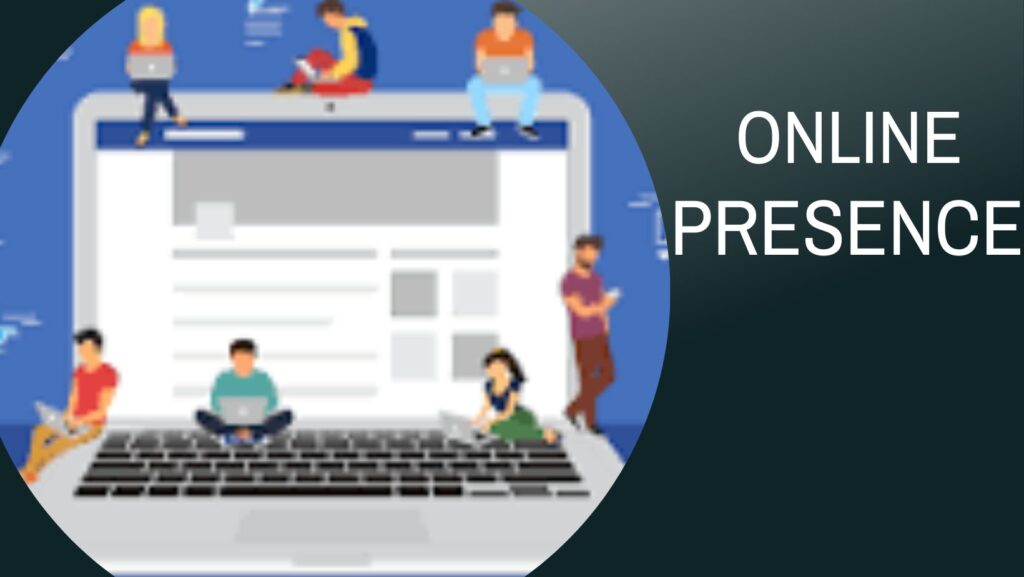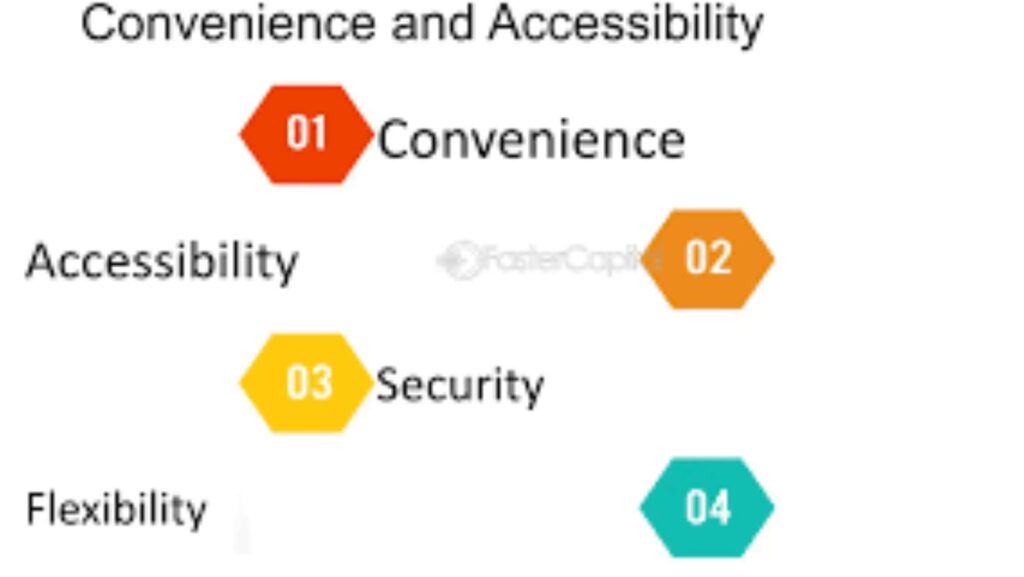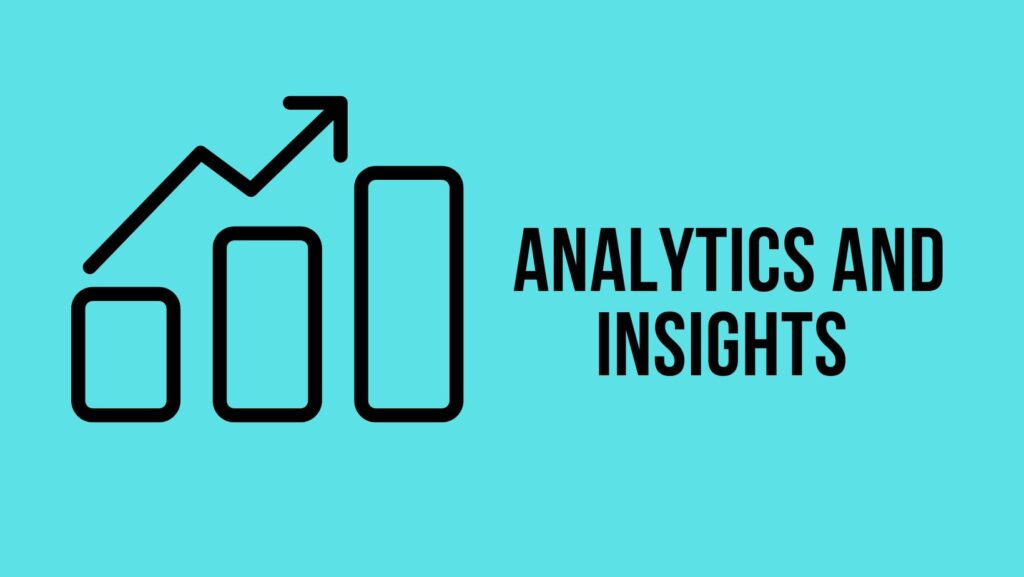Table of Contents
ToggleWhat is Website 8 Reason Why Website Is Important
What is website 8 reason why website is important
What is website?
The website is your digital shop or digital office where you keep your products. It shows your presence in the digital world and also gives you ownership rights on your website.
People often ask me that we can also sell our products on Facebook, WhatsApp and social media platforms and what is the need for a website. You can sell your product anytime but this social media platform is not yours, it is owned by someone else.
You may have often heard that Facebook has banned someone’s group or page and you have lost years of hard work. The owner of this platform will let you use it as long as it is for his own benefit and on the day when there is no benefit to him, he can remove you. Like what happened with TikTok, TikTok got banned in the entire country in one night.
A website is a collection of web pages and related content that is identified by a common domain name and published on at least one web server. Websites can be accessed via the internet or a private local area network (LAN).
They serve various purposes, including providing information, selling products or services, entertaining users, facilitating communication, and more.
8 Reason Why Website Is Important
1. Online Presence
In today’s digital age, having an online presence is essential for businesses, organizations, professionals, and even individuals. A website serves as your virtual storefront or business card, allowing people to find and learn more about you or your company online.
A website is created not only to sell products and services but also to show your presence in this digital world. If you want to work for a long time in this digital world then it is very important to have your website.

2. Accessibility and Convenience
Unlike physical stores or offices that have limited operating hours, a website is accessible 24/7 from anywhere with an internet connection. This allows potential customers or visitors to access information about your products, services, or content at their convenience.
In offline business, there is a fixed time for the shop to open and close, but your website will remain open 24*7, you will not have to be available all the time.

3. Credibility and Professionalism
A well-designed and informative website can enhance your credibility and professionalism. It gives the impression that you take your business or endeavors seriously and are invested in providing quality information or offerings to your audience.
Having a well-designed website makes your business or brand appear more credible and professional. It’s often the first place people look to learn about you or your company

4. Brand Building and Identity
Your website serves as a digital representation of your brand. Through design elements, content, and messaging, you can establish and reinforce your brand identity. You can brand your product on the website.

5. Marketing and Promotion
A website provides a platform to market your products, services, or ideas. You can use it to showcase offerings, share testimonials, run promotions, and engage with your audience.
You can do marketing and promotion of your products and services on your website and can reach your target customers by doing SEO by writing blogs on it.

6. Analytics and Insights
With tools like Google Analytics, you can track website traffic, user behavior, and other metrics. This data is invaluable for understanding your audience and optimizing your website’s performance.
By installing a plugin named Sit Kit on your website, you can see the daily traffic on your website, how many people visited your website, for how long, what they searched, and you can do daily analytics.

7. E-commerce Opportunities
If you sell products or services, an e-commerce website provides a platform for transactions, potentially opening up new revenue streams.
Whenever you have a website and when you get traffic on it, you can earn money even by monetizing your website, you can give permission to Google to run ads on your website. Which will increase your income. You can also promote someone else’s product on your website.

8. Customer Support and Engagement
Websites can offer valuable resources and support to customers, such as FAQs, tutorials, or contact forms. They also facilitate communication with your audience through interactive features like live chat, forums, or feedback forms, fostering engagement and building customer loyalty
What are The Components Required to Create a website?
Creating a website involves several key components, each crucial to the overall functionality, appearance, and success of the site. Many components are required to create a website, which are explained in details below.
Domain Name: The domain name is the web address that users type into their browser to access your website (e.g., www.rozydigital.com). Choosing a memorable, relevant domain name is important for brand recognition and search engine optimization (SEO).
Web Hosting: Web hosting is the service that stores your website’s files and makes them accessible to visitors on the internet. There are various types of hosting (shared, VPS, dedicated, cloud), each offering different levels of performance, security, and scalability.
Website Platform: The website platform is the software or content management system (CMS) used to create and manage your site. Popular platforms include WordPress, Wix, Squarespace, and Joomla, each with its own features, templates, and customization options.
Design and Layout: The design and layout of your website determine its visual appeal and user experience. This includes elements such as color scheme, typography, imagery, navigation menus, and overall structure. A well-designed website should be intuitive, responsive, and consistent with your brand identity.
Content: Content is the substance of your website, including text, images, videos, and other multimedia elements. High-quality, relevant content is essential for engaging visitors, conveying your message effectively, and improving SEO. Content should be organized logically and optimized for readability and accessibility.
Functionality and Features: Depending on your goals and target audience, your website may require various functionalities and features. This could include contact forms, e-commerce capabilities, interactive maps, social media integration, membership portals, or blog/news sections. Choose features that enhance user experience and support your objectives.
Search Engine Optimization (SEO): SEO involves optimizing your website to rank higher in search engine results pages (SERPs) and attract organic traffic. This includes keyword research, meta tags optimization, site structure optimization, content optimization, and building backlinks from reputable sources.
Security: Website security is essential to protect against cyber threats, data breaches, and malware attacks. Implement security measures such as SSL certificates, firewalls, regular backups, software updates, and strong passwords to safeguard your website and user data.
Analytics and Tracking: Analytics tools like Google Analytics provide valuable insights into your website’s performance, user behavior, traffic sources, conversion rates, and more. Use this data to measure success, identify areas for improvement, and make data-driven decisions to optimize your website over time.
Maintenance and Updates: Regular maintenance and updates are necessary to keep your website secure, functional, and up-to-date with the latest technologies and trends. This includes fixing bugs, adding new features, updating content, and addressing any issues that arise.
If you also want to learn how to create a website then click on the button below.
